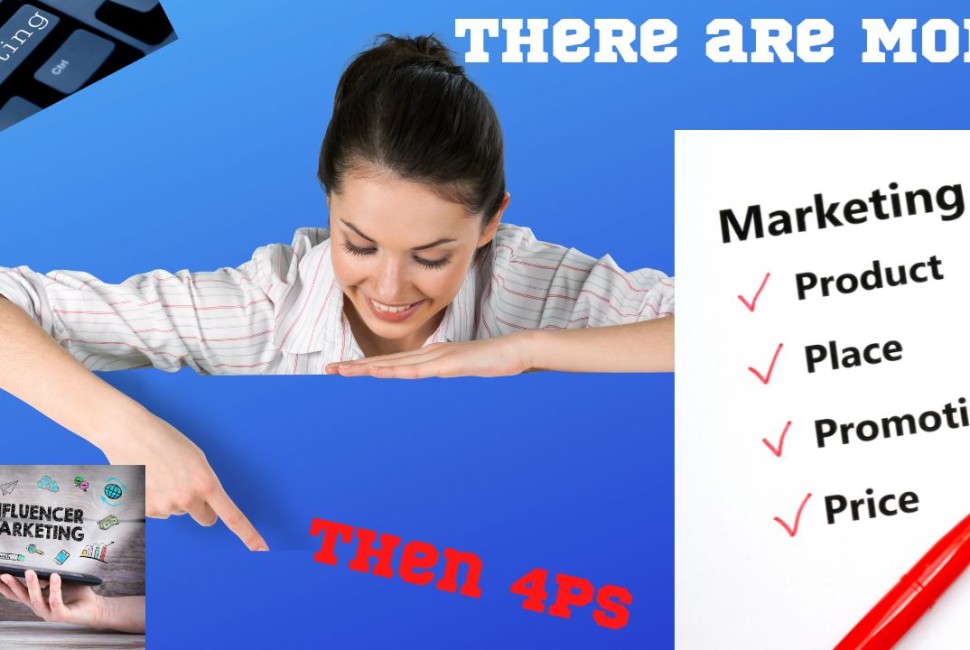What is Marketing
Whether you have a small business, medium company, or large enterprise, it is inevitable that if you want to be successful, you must master marketing. Marketing is a word that first originated in the late 18th century by Philip Kotler, but what does it mean? Professor Kotler was a Kellogg Graduate School of Management Professor who was all about making a difference in customers’ lives. He has spent numerous hours of work and is credited internationally as the inventor of the word marketing.
Marketing is not advertising or sales but a strategic process conducted to learn about buyers, their problems, and what would attract them. The world of modern marketing as we know it didn’t take shape till the 1950s when more than just print media was available. During this time, TV made its way to households, the internet soon followed in the 1990s, and other social media evolved. With more channels available to reach prospects, this became a blessing and a curse simultaneously.
Marketing is not just tied to sales but also includes: product development, distribution channels, and of course, advertising. If you are still wondering why we need marketing, it’s because it serves as a way to poll or take the temperature of your prospects. In other words, are you attracting or pushing people away due to your company’s operation departments? Does your company know what makes people want to buy, or do you wing it and hope you get it right?
According to The American Marketing Association, it is essential to understand the seven Ps of marketing: Product, Price, Place, Promotion, Packaging, Positioning & People. You will want to read this section carefully if these are not known to you. Product is what you are selling: i.e., whether it is a product/service/consulting, etc., and it is vital to know what it is because if you don’t understand, you can bet your prospects will be confused too. Price is how much you will sell or provide the product/service/consulting/etc., which is realistic for your prospect but still allows you to make a profit.
Now that you have a great product/service/consulting/etc., it is essential to understand where you will sell your product/service. Packing doesn’t just refer to how the box looks or the type of wrap but also how you bundle or assemble your services for interested people to buy. Positioning considers how your product/service/consulting would align with the minds of people looking for your solution. Remember to consider where you sell it, who you sell to, and where those people shop or buy it.
Don’t forget to plan a promotion campaign targeting your specific markets with a/b testing carried out during an upcoming advertising campaign. Lastly, many owners forget about the people: if you don’t hire and have the right talent on board, your products/services/consulting services, etc., will go nowhere.
Understanding the seven Ps of marketing is key to having a successful marketing campaign.
Does this sound confusing? Allow me to simplify it for you. Advertising is the actual play of your marketing game plan. Marketing is any planning activity to play your company’s brand and execute advertising. Allow me to break this down in more detail to explain what are marketing-type activities companies would carry out.
One thing all companies have to do is create the USP (Unique Selling Proposition), also known as the UVP (Unique Value Proposition). In other words, what makes your company unique and stand aside from your competitors? Taking the time to know who your competitors are, research them and what they are doing in the marketplace. Another thing a marketing task might cover is exploring possible potential markets and taking their temperatures. Once a target market is selected, a marketing plan will include devising a strategy to target them and evaluate the responses.
Imagine you are in the market for a new car you want to purchase within the next thirty days. The thought of getting a new car started months ago; thus, you researched online and watched videos. You visit a dealership for the first time, but they already know why they are unique and that you match their usual buyer. If they are professional, the car salesperson won’t try to sell you on the car but will allow you to tell them what is essential. Based on the company’s marketing, the vehicle and its (USP) Unique Selling Proposition will sell itself. You still think marketing is not vital for you and your business.

Comments :
No comments found